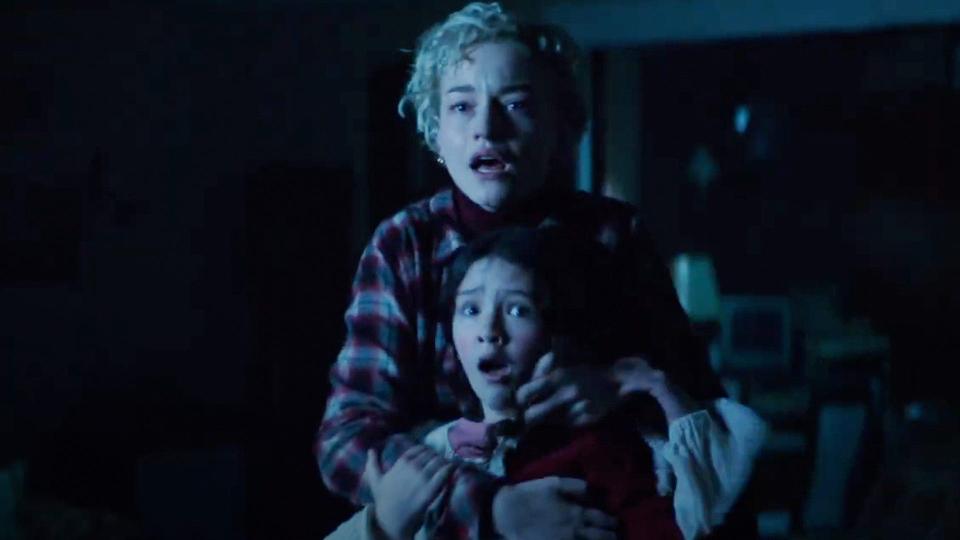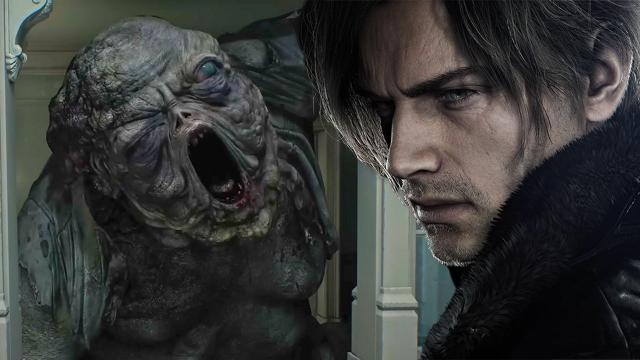The upcoming film "Wolf Man," part of Universal's Monsterverse, takes a different approach to storytelling by minimizing exposition. Directed by Leigh Whannell, the film opts for a more mysterious narrative rather than a detailed explanation of werewolves and their lore. Whannell emphasizes focusing on family dynamics over traditional plot explanations, avoiding clichéd scenes like library montages that reveal rules and backstories. Drawing inspiration from directors like David Lynch, Whannell believes mystery enhances the experience and allows room for audience interpretation. The film is set to be released on January 17, following Whannell's successful 2020 film, "The Invisible Man."
What sets Wolf Man apart from other adaptations of werewolf lore?"Wolf Man" distinguishes itself by prioritizing character-driven storytelling rather than exposition-heavy explanations typical of many modern films. The director, Leigh Whannell, aims to create an atmosphere of mystery, focusing on family connections over conventional werewolf narratives.
The 1941 classic "Wolf Man" introduced audiences to the werewolf mythos and has inspired numerous adaptations and interpretations since its release. The film is notable for its blend of horror and psychological elements, establishing a framework that has permeated both cinema and popular culture. Whannell's rendition aims to capture this essence while exploring new narrative possibilities within the beloved universal monster franchise.








Comments
I love that Wolf Man is taking a page from the mystery playbook instead of leaning on the typical lore overload. It's refreshing to see a director like Whannell focus on character dynamics—the emotional stakes can really elevate the horror experience
It’s refreshing to see a director like Leigh Whannell take a bold approach by emphasizing mystery and character over typical exposition; it could really breathe new life into the Monsterverse. Focusing on family dynamics might not only elevate the storytelling but also resonate more deeply with audiences beyond just the horror elements.
I love that Wolf Man is taking a fresh approach by leaning into character dynamics instead of just dumping lore on us. It sounds like a great way to keep viewers guessing and invested—I'm all for that blend of mystery and psychological depth